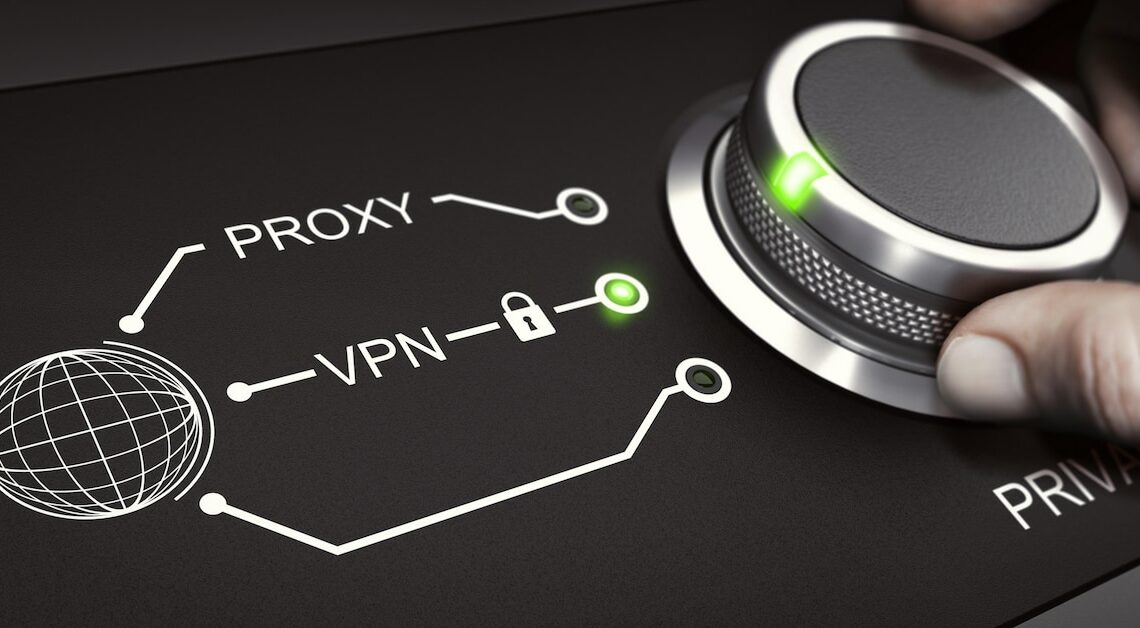
Proxy blocks are digital barriers that often result from licensing agreements, and the question of whether bypassing such a block is legal is complex.
Legally bypass proxy blocking? Technical solutions and their application
There are several common methods to bypass a proxy block, each of which has its advantages and disadvantages and often borders on legal.
- VPN (Virtual Private Network): A VPN is probably the most well-known way to bypass a proxy block. It changes your IP address and thus disguises your location. VPNs are legal in most countries as long as you use them for legitimate purposes. However, you may violate the terms of service of streaming platforms like Netflix or Disney+ if you try to access content from other regions.
- Tor network: Tor provides anonymity by routing your traffic through multiple servers, making it a powerful tool if you want to protect your privacy. However, Tor can be very slow and is less useful for streaming services. In addition, the use of Tor is viewed with skepticism by some authorities.
- Smart DNS: This method works by changing the DNS server so that it is located in a different country. While Smart DNS services do not offer privacy like VPNs, they are efficient at unblocking geo-blocked content. This is a popular option, especially for smart TVs or devices that do not support VPNs.
Legal risks and grey areas
Bypassing proxy blocks is not illegal per se, but the type of content you are trying to access can affect the legal risk. There are clear distinctions you should be aware of.
- Copyrighted content: If you use a VPN or proxy server to access copyrighted content, such as films or series that are not available in your country, you risk violating the provider's terms of use. This can result in civil consequences such as blocking your account, but usually does not constitute criminal prosecution.
- Streaming services and geoblocking: Services like Netflix use geo-blocking due to licensing agreements. While bypassing these blocks is not technically illegal, providers often consider it a breach of contract and your account could be blocked if you repeatedly do so. The legality here lies less in the technical process and more in the potential breach of contract.
- Regulations in certain countries: In countries with strict censorship, such as China or Saudi Arabia, circumventing blocks may be more severely prosecuted. Here, you risk not only violating local laws, but also serious legal consequences, as accessing blocked content often violates local censorship laws.
